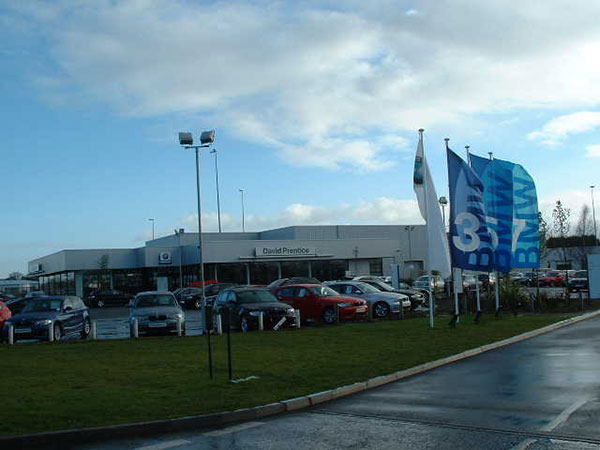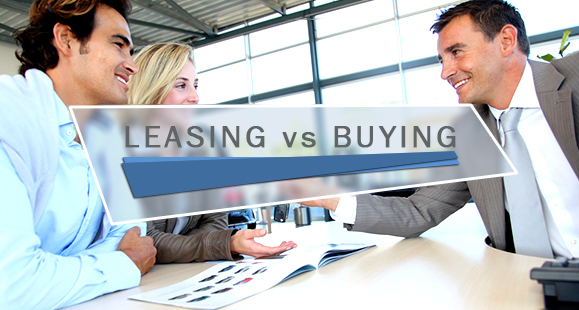
Should you buy or lease your new car? Both choices have their clear benefits and drawbacks. Here is a guide outlining the pros and cons of each option, so that can help you decide which one is the right choice for you.
Leasing a Car
– The Pros –
-
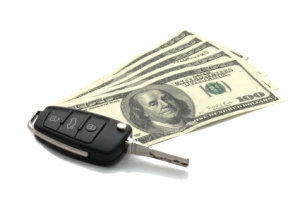 Monthly payments and the initial down payment are generally much less to lease a car rather than buying a car.
Monthly payments and the initial down payment are generally much less to lease a car rather than buying a car. -
You can get a car with virtually no maintenance expenses, as most new cars come with a 3-year warranty, which is the typical period for a car lease.
-
Leasing a car allows you to always have the latest model and upgrades, since you will most likely be upgrading to a newer model when your lease ends.
Leasing a Car
– The Cons –
-
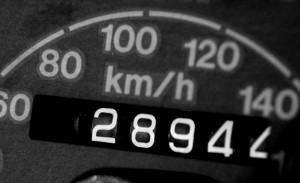 Credit requirements are usually stricter for leasing cars than buying them.
Credit requirements are usually stricter for leasing cars than buying them. -
Your lease contract will limit the number of miles you can drive each year. If you drive over the accepted mileage, you will be charged a per-mile fee for every mile you drive over the limit when you turn in the car, and these charges can be very high.
-
You can not make any major alterations to the car, and you have to keep it in good condition. If the car is not in as good or better condition when you return it than it was when you leased it, you will be charged repair costs.
-
Car insurance is usually higher on leased cars.
-
Unless you buy the car at the end of the lease term, you will never own the car outright, and will always have a monthly car payment if you continue to lease year after year.
Buying a Car
– The Pros –
-
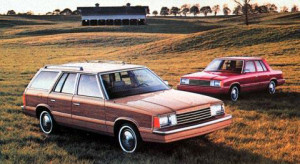 If you’re planning to get a car for the long haul and want to keep it until it falls apart around you, then buying is definitely your best option. Your loan on the car will eventually be paid off, leaving you with a paid-for vehicle, no monthly payment, and the opportunity to save money by keeping it in good driving condition for years, or even decades, to come.
If you’re planning to get a car for the long haul and want to keep it until it falls apart around you, then buying is definitely your best option. Your loan on the car will eventually be paid off, leaving you with a paid-for vehicle, no monthly payment, and the opportunity to save money by keeping it in good driving condition for years, or even decades, to come. -
There are no mileage restrictions and you can alter the car in any way you like….it’s your car. You aren’t just renting it from someone else.
Buying a Car
– The Cons –
-
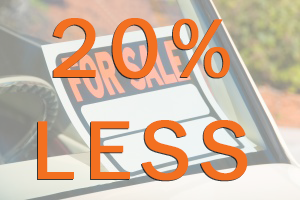 If you plan on trading the car in to get another one when you can afford a nicer vehicle, it can be difficult to predict what the car’s resale or trade-in value will be a few years down the road. You may not get as much back for it as you thought you would.
If you plan on trading the car in to get another one when you can afford a nicer vehicle, it can be difficult to predict what the car’s resale or trade-in value will be a few years down the road. You may not get as much back for it as you thought you would. -
You are usually required to put a large down payment on a car that you’re buying. The average is 20 percent. This can run into thousands of dollars, depending on the price of the car.
-
Monthly payments can also be large, and if you need to get them smaller, you will need to stretch out the length of the loan. This means it will be longer until the car is paid off.
Make sure you take these things fully into consideration when considering whether to buy or lease a car. Only you know what is best for you. If you make the right decision, you’ll have a car you like at a price you can afford. If you have questions about insuring your leased or purchased vehicle, one of our insurance specialist would be happy to help you,
find the best rates! (888) 772-4247
The information in this article was obtained from various sources. This content is offered for educational purposes only and does not represent contractual agreements, nor is it intended to replace manuals or instructions provided by the manufacturer or the advice of a qualified professional. The definitions, terms and coverage in a given policy may be different than those suggested here and such policy will be governed by the language contained therein. No warranty or appropriateness for a specific purpose is expressed or implied.
